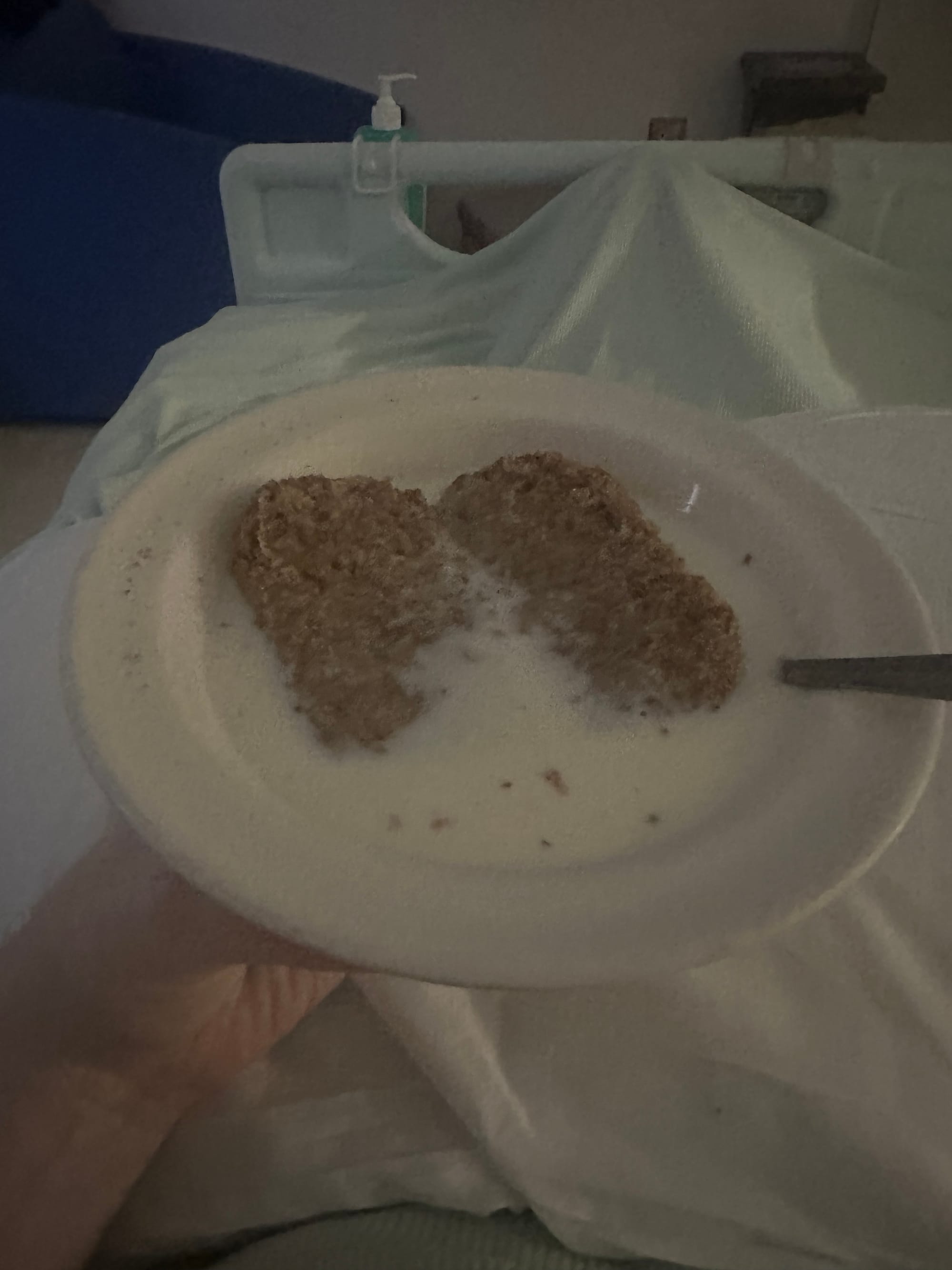Awareness

I am running another 10k next weekend in Sheffield (28th of September). The run is for myself, not for a charity. However, today is Aortic Dissection Awareness Day, and this post aims to raise awareness of, something. So from now until I have finished the 10k on the 28th September, I will be doubling all donations made to any of the following charities:
- The Aortic Dissection Charitable Trust - https://aorticdissectioncharitabletrust.org/donate/
- Aortic Dissection Awareness - https://aorticdissectionawareness.org/
- Macmillan Cancer Support UK - https://donation.macmillan.org.uk/
- Medical Aid For Palestinians (MAP) - https://www.map.org.uk/
Send me a receipt of your donation via Instagram, Twitter, or if you know me another platform or messaging app just do it there, and I will double it. (Up to a reasonable amount, which I will try to make as high as possible).
In this post, I am going to talk about aortic dissection, cancer, and being misdiagnosed by medical professionals. It will include some photos of hospital environments.
Did you know there are over 200 types of cancer? Did you also know that in the UK, on average, over 1000 people receive a cancer diagnosis each day? That comes out to around 400,000 people a year. It’s ~0.6% of the UK’s population every year.
That is a lot of people going through the worst day of their lives every single day. A lot of families having their lives turned upside down by a scan or biopsy, processing the most destructive words ever uttered to them, said by a caring professional sat in a clean white room.
167,000 people will also die from cancer this year (from the statistics provided by Macmillan).
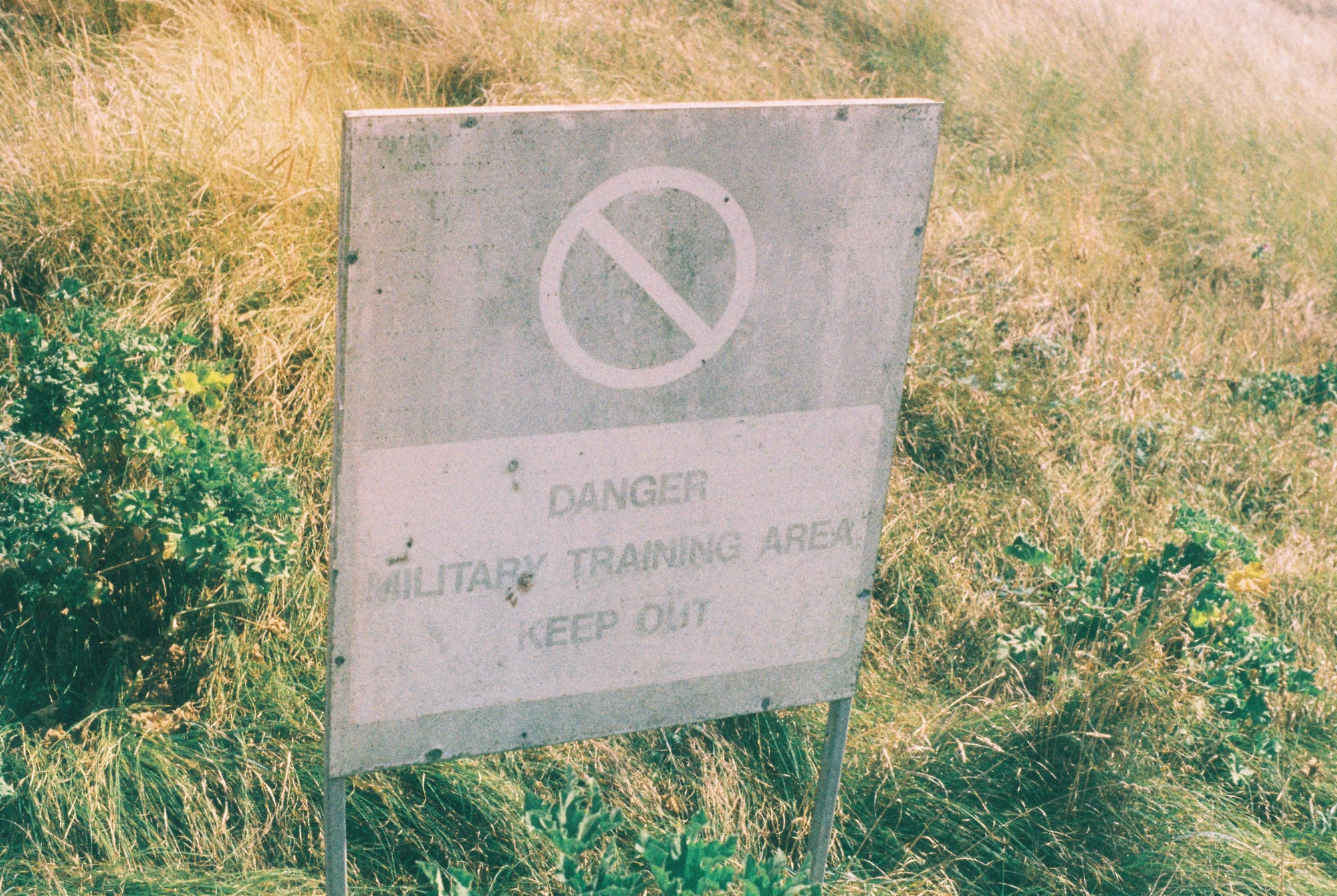
I find the statistics for cancer hard to grasp in their enormity. It is just an unbelievable number. We all know people who have had cancer, and who might not be here now because of it. Each year, it is an entire small city’s population that vanishes because of cancer.
I don’t know the symptoms for every kind of cancer. No one does. But I know the basics of what to look out for. To know when I should go to the doctors and say, “Hey, this is a bit weird, can we check this out please?”. This is thanks to the awareness and outreach the NHS does, or flyers and adverts from one of the cancer charities that exist in the UK. These organisations have saved thousands of lives by just giving you and doctors the basic information of what cancer is, and what to search for.
It is an underrated part of their work. We think about the research into curing cancer, the time spent treating it, trying to eradicate it, or helping families of survivors, and remembering those who didn’t make it. But one of the critical parts of it all is awareness. They have made cancer famous. And it works; outcomes have improved because of earlier detection. Everyone and their dog knows the basic signs of the biggest cancers.
I luckily do not, and have not had, cancer. But the stories of those who have are probably my closest analog to being my age with a life-threatening condition. I have read quite a few of them. I find them both strangely comforting and heartbreaking.

A quick question. Prior to reading this blog or meeting/talking to me about hearts, did you know what an aortic dissection was?
Today is “Aortic Dissection Awareness Day”. When I had my aortic dissection, it remained misdiagnosed by doctors for over 4 months. Because no one thought to check. It isn’t as famous as cancer is, and it doesn't happen to young people.
My first trip to A&E was met with “this guy has just taken a ton of drugs” from the doctors. This was not helped by the fact that after ~20 hours I returned to “normal”, and during that time I was pretending my bed being pushed around the hospital was a Formula 1 car. They did a scan of my head during that visit because I was presenting neurological symptoms, being blind and unable to properly string together thoughts, and they found nothing. That scan has given me a future album cover, though. Might have been worth it.
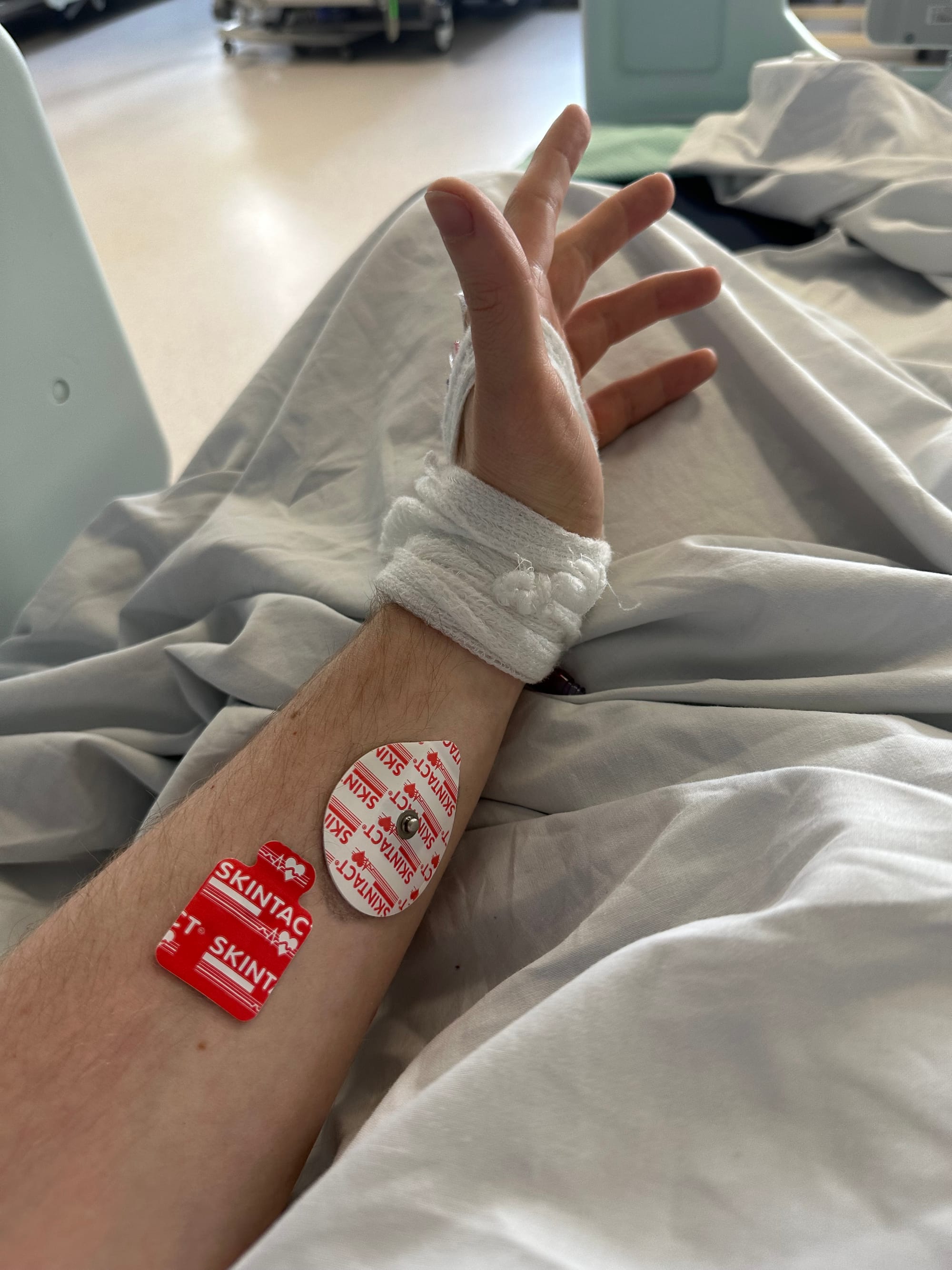
My second trip to A&E 2 weeks later was labeled as just anxiety, which is why my heart rate was through the roof. They didn’t really do much this time besides a blood test to check if I had a heart attack or not. I got dismissed by a cardiologist this time, who assured me nothing was wrong.
Over the next 4 months I went to the GP 9 times, complaining that something was wrong. I kept getting told it was just stomach acid, anxiety, “well, we’re just not really sure what it is”. Take these stomach drugs and see if your symptoms improve. But I knew something else was wrong within myself, like nothing else I have known in my body before.
In one of those GP trips I finally got a referral to cardiology at my local hospital. A month later, I get my appointment with the Columbo of cardiology, and after an hour of prodding my pasty doughy body, said alright, lets just do a CT scan of your chest and see what if anything comes up.
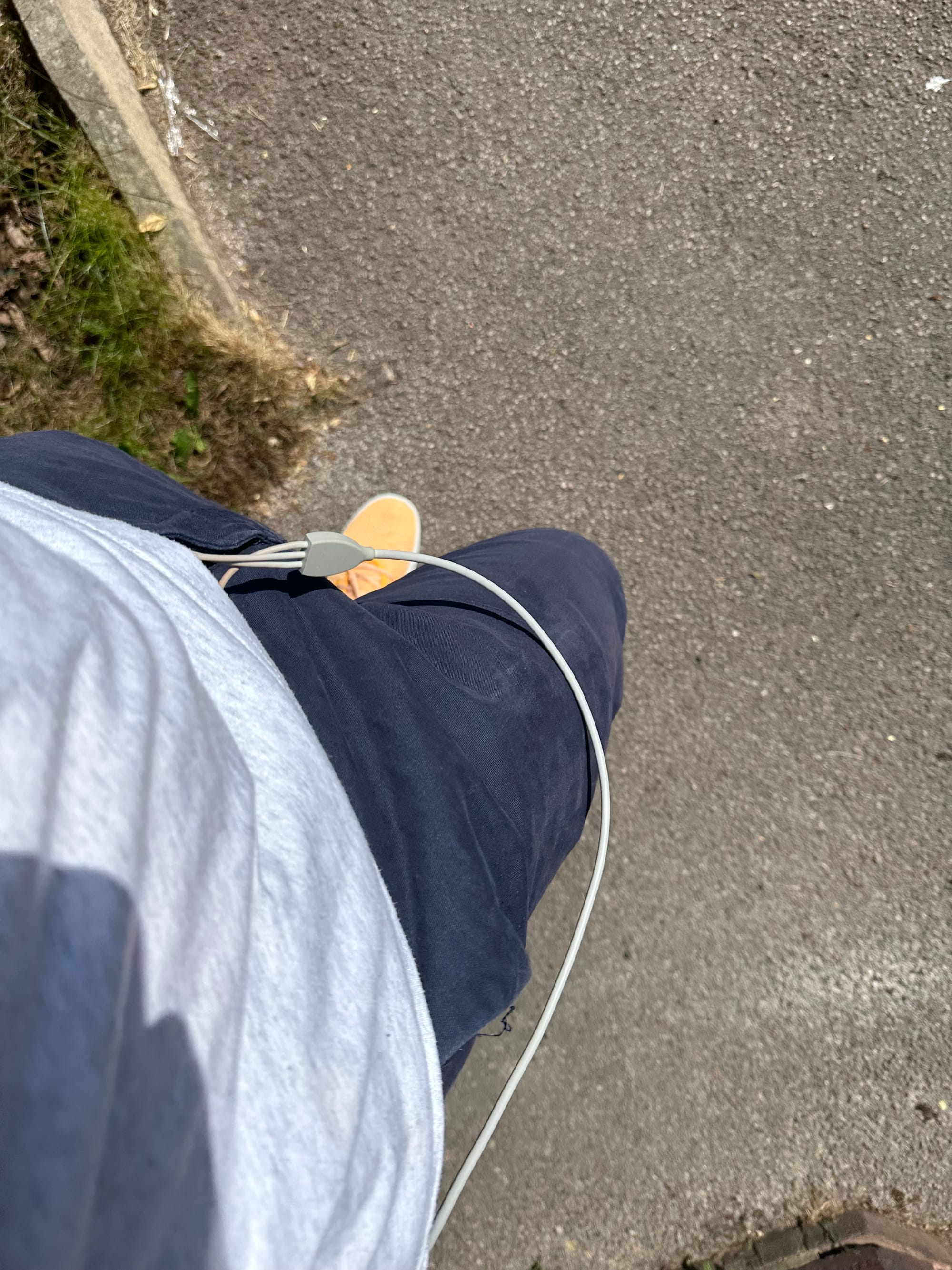
Another month passes, I get my scan. A week on from that, I am called in, and have emergency heart surgery. I haven’t yet gloated to the GP with an “I told you so”.
I had never heard of an aortic dissection until about 4 hours before my chest was sawed open and my heart was bared to the air for the first time in my life. Hopefully it was the last time too.
Timely diagnosis is for aortic dissection is critical for survival. The Think Aorta campaign says a type A dissection like I had the mortality rate is around 1% every hour, with 48% of people not making it to the hospital in the first place. I lived some 2500 hours. I was even in the hospital within 6 hours of it happening, and that almost didn’t matter. I was lucky.
No one should have to rely on luck to survive.
In the UK we have a couple of charities which put out resources hoping to improve the awareness aspect of aortic dissection. There is Aortic Dissection Awareness (I love a good clear name) which focus mainly on diagnosis and was set up by aortic dissection survivors. They have their Think Aorta campaign, designed specifically for health care professionals to consider AD as a potential diagnosis. And The Aortic Dissection Charitable Trust who I have fundraised for before, which funds awareness and research. They are both good options for your support.
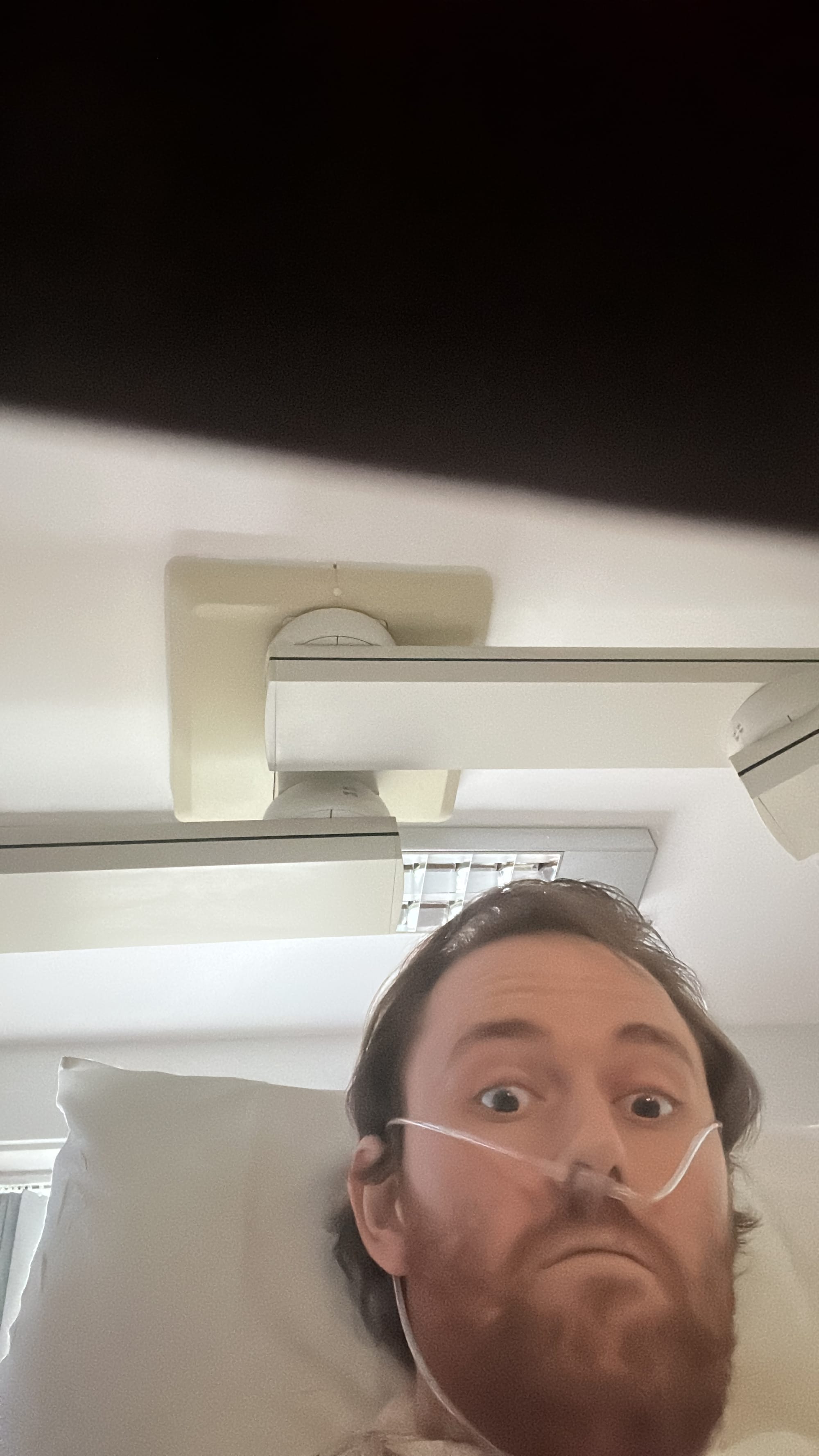
Have you ever seen any material about the symptoms of aortic dissection? Have you ever seen a Think Aorta campaign poster?
It’s easy to see how it all gets lost. Out in the world, there are healthcare charities, child charities, pet charities, homelessness charities, food band charities, local charities, and foreign outreach charities. They all compete for the space and time against the genocide of Palestinians at the hands of the Israeli government, or the theft of Ukrainian land, or the removal of rights from women and the LGBT community at the hands of governments, or weird podcasters getting shot in high definition. It's impossible.
Every day I am flooded with information. Actual, real atrocities, happening in real time. How are you supposed to remember to look out for the signs of aortic dissection in that world?
I think this constant firehose of information can both be a blessing and a curse. On one hand I have never been more energised to get involved with the world, try and change things. To talk about my heart, or to get involved in politics. I would never know as much about as many topics that mean something to me without all of this.
On the other hand, it is an impossibly daunting task. It feels like building a sandcastle while someone constantly sprays water over it and calls you mean names. Anything positive is immediately drowned in rising tides of information. Momentum for causes is lost almost immediately.
This is what these charities are having to compete against, for topics they are passionate about and save lives. Your air time against the backdrop of genocide, political infighting, and a Minecraft streamer playing Subway Surfers. It’s an unreasonable task. But they do it anyway, and they need your help.
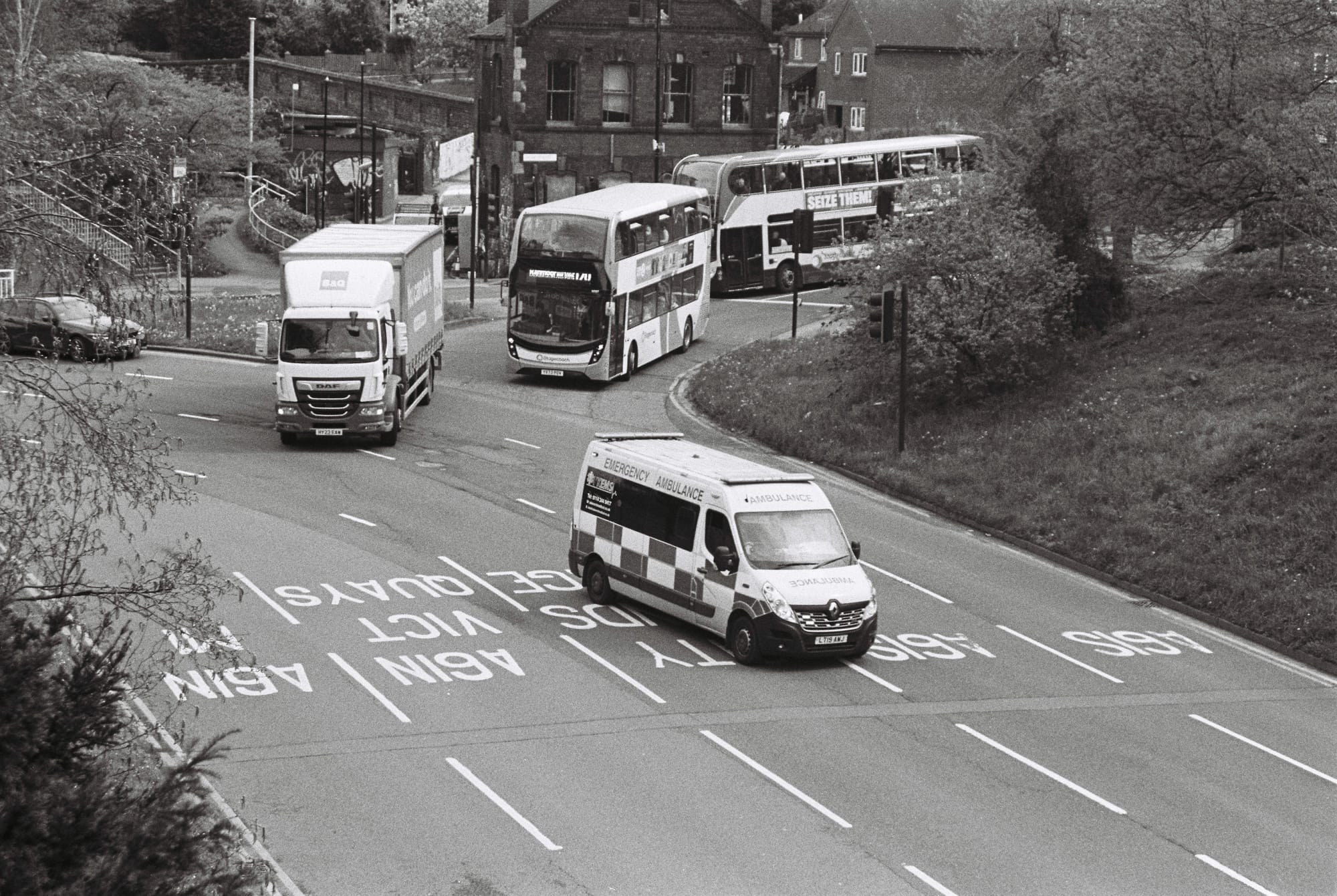
I was at the GP the other week for one of my regular blood tests. On the noticeboard, there was a new NHS made aortic aneurysm poster, highlighting some of the key symptoms to look out for. An aortic aneurysm is closely related to an aortic dissection (my AD ended up in an AA), so I was interested in what information the poster could give to someone who might be a bit concerned. The first thing you notice when you look at the poster is written in big bold text in the middle:
“OVER THE AGE OF 65?”
I was 29 when it happened to me. There is still a long way to go.
If you made it this far, thank you for letting me go on a tangent. I didn’t set out to talk about the troubles of awareness when I wanted to write something for today. But I am going to use this space to give some awareness of the symptoms related to aortic dissection. If someone:
- Having a sudden sharp tearing pain in their chest,
- Is complaining of neck or back pain
- Numbness in their limbs
- Sudden confusion or loss of sight
- Vomiting and sweating a lot
It could be an aortic dissection, and tell the person on the other end of the 999 line that it could be too. You might just save someone’s life, and help make that 50% of people dying statistic a little lower.
Sometimes I wish I had never been made aware of what an aortic dissection was. In the same way, it would be nice to live a life where no one gets cancer. Where everyone can live in their home without fear. But I can make you aware of this one thing in particular which nearly killed me. That little bit of extra awareness might save someone’s life.
